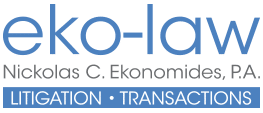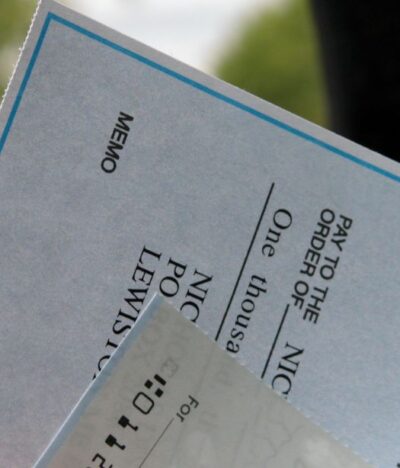What is a Proposal for Settlement?
In Florida, the proposal for settlement procedure is a powerful tool used by parties in a business litigation case to encourage settlement and avoid costly trials. The law is contained in section 768.79, Florida Statutes, and is further governed by Florida Rule of Civil Procedure 1.442 which provides the procedure for making a proposal for settlement.
Obtaining a settlement is a powerful way of ending lawsuits. Typical settlements include terms such as full releases, confidentiality, and cooperation. In 2022, however, the Florida Supreme Court amended Rule 1.442 which now excludes such nonmonetary terms in settlement proposals. Including such terms will invalidate your proposal for settlement under the rule.
So, why would you use this procedure instead of just coming to a negotiated written settlement agreement with specific agreed-upon business terms? It is because you can have the other side, under certain circumstances, pay your attorney’s fees if they don’t accept your proposal.
Proposal for Settlement Rule
The proposal for settlement rule provides that a party may serve a proposal for settlement, which must be accepted within 30 days or rejected. The effect of rejection depends on the amount of the offer and the results of the trial.
If, as a plaintiff, you reject a defendant’s proposal and obtain a judgment 25% less than the defendant’s settlement offer, the defendant’s attorney’s fees will reduce your judgment. If the judgment is for no liability or if the defendant’s attorney’s fees are more than your award, then the court may enter a judgment against you for the defendant’s attorney’s fees.
If, as a defendant, you decline a plaintiff’s proposal for settlement, you may be liable for the plaintiff’s reasonable attorney’s fees if the plaintiff obtains a judgment that is at least 25% greater than their offer to you.
It is easy to see that using this court procedure means you may need to offer more or less than what you think the damages in the case really are (depending on whether you are a defendant or plaintiff) to account for the 25%. Additionally, the complexity of the proposal for settlement increases dramatically where there is more than one party and more than one claim.
Importantly, the procedure only applies to claims for damages. Therefore, including claims for settlement under this procedure for non-monetary relief such as injunctive relief or declaration of the rights of parties will often invalidate the entire proposal, even if damages claims are included as part of the settlement proposal.
Attorney Fees
Finally, the attorney’s fee amount includes only what you incurred from the date of the demand and the fees requested must be reasonable, which is often a separate complex inquiry.
The best approach is to employ the proposal for settlement procedure and continue to entertain negotiated settlement approaches to get the best result in your business litigation case.
By ensuring that proposals for settlement are specific, definite, and made in good faith, parties can make the most of this powerful tool and use it to resolve their litigated business matters in an efficient manner.
Contact Eko Law to Learn More
In conclusion, the proposed settlement rule is an important tool you can use in business litigation to encourage settlement and avoid costly trials. It is important to understand how this rule works and discuss with your business litigation attorney the various nuances and requirements that have been established by Florida case law for its implementation.







